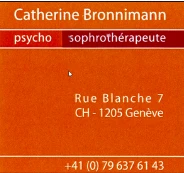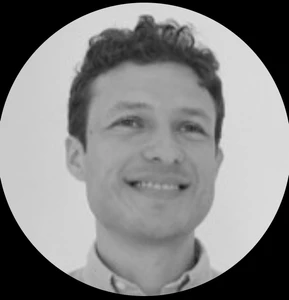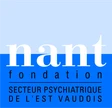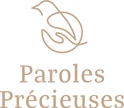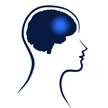Dr. Pavlopoulos Konstantin Leo is a prominent psychiatrist with a rich and diverse experience gained through his extensive travels around the world. Over the years, he has developed a profound and nuanced understanding of the human condition, establishing himself as a reference in his field. International Experience Throughout his career, Dr. Pavlopoulos Konstantin Leo has practiced in various countries, thereby enriching his clinical and theoretical practice with diverse cultural perspectives. These experiences have enabled him to work with populations with specific needs and to develop therapeutic approaches tailored to distinct cultural contexts. Skills and Expertise Dr. Pavlopoulos Konstantin Leo is renowned for his expertise in cognitive and behavioral therapies, analytical psychotherapy, and crisis interventions. His integrative approach combines modern and traditional techniques, ensuring personalized and effective care for his patients. Human Understanding His passion for the study of human behavior and his natural empathy allow him to establish trusting relationships with his patients. Dr. Pavlopoulos Konstantin Leo excels in active listening and empathetic communication, essential skills for helping his patients overcome their mental and emotional challenges. What is the Role of a Psychiatrist? A psychiatrist is a medical doctor specializing in psychiatry, and in Switzerland, also in psychotherapy. Their field of expertise includes the prevention, diagnosis, and treatment of mental disorders. I offer assessments and management of various issues related to psychological suffering: - Anxiety - Depressive states - Insomnia - Emotional difficulties related to stress factors - Relational difficulties (couple, family, work, etc.) - Professional burnout (burnout, boreout) - Personality disorders - Psychoses - Addiction/dependence on substances/medications - Advanced age: retirement, cognitive disorders including memory issues - Migration-related problems - Post-traumatic stress disorder - Questions about sexuality or gender identity Making an Appointment with a Psychiatrist-Psychotherapist in the Canton of Fribourg Several reasons may lead to consulting a psychiatrist in the canton of Fribourg: - Mental disorders (depression, anxiety, insomnia, bipolar disorder, psychoses including schizophrenia, etc.) - Difficulties related to physical symptoms: chronic pain, persistent fatigue, eating disorders, etc. - Relational problems - Substance addictions (alcohol, drugs) or gambling addiction - Stress management As an FMH psychiatrist and psychotherapist, I am trained in systemic orientation psychotherapy. However, I adapt my practice on a case-by-case basis to provide individualized follow-up, taking into account the psychological, social, and biological specifics of your problem. My role as a psychiatrist-psychotherapist is to help you find new perspectives and best integrate them into your daily life. By consulting a psychiatrist-psychotherapist, you can share your difficulties freely and without judgment in a dedicated, privileged, and confidential place. We build quality and trusting relationships to effectively work towards your well-being.







